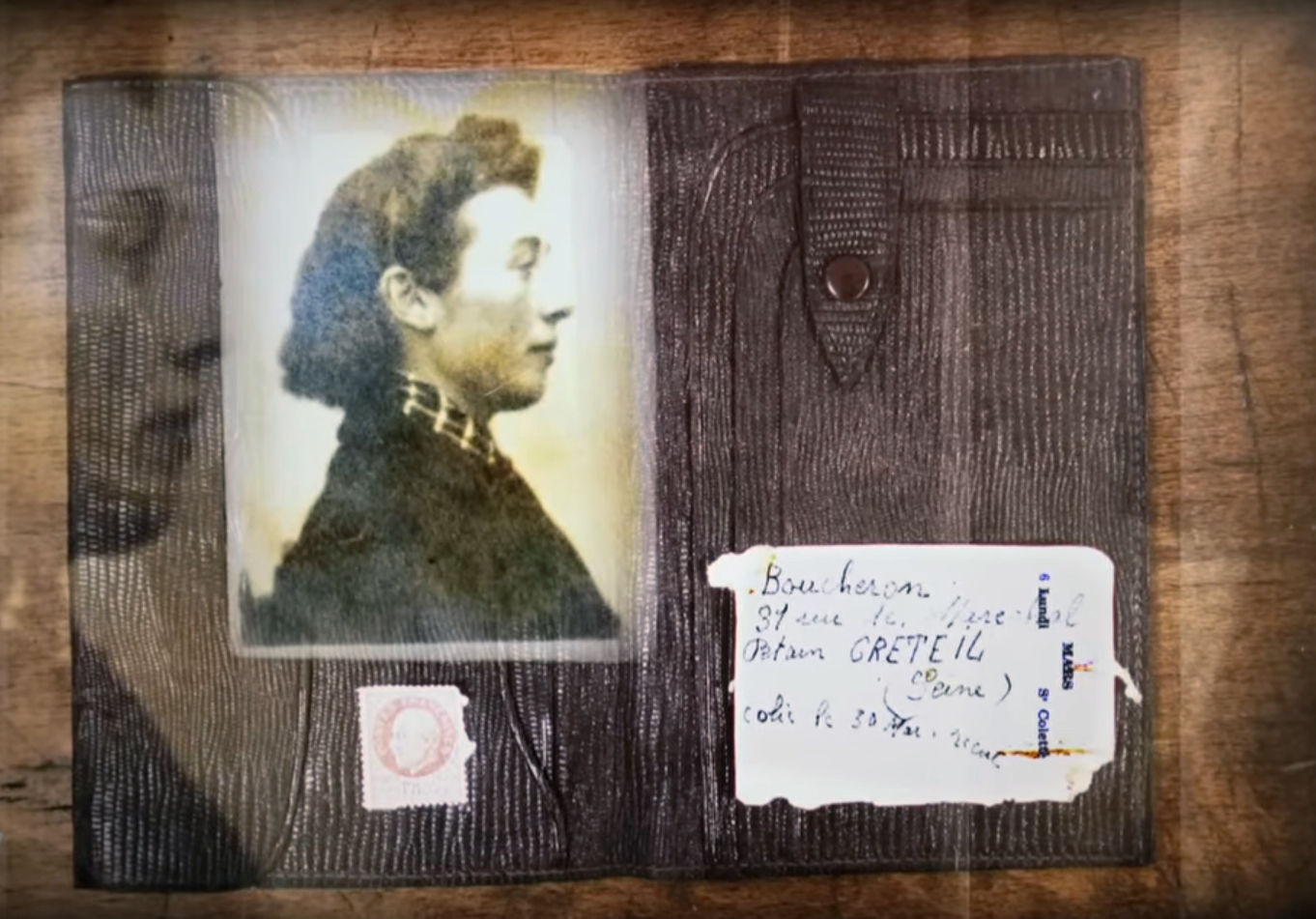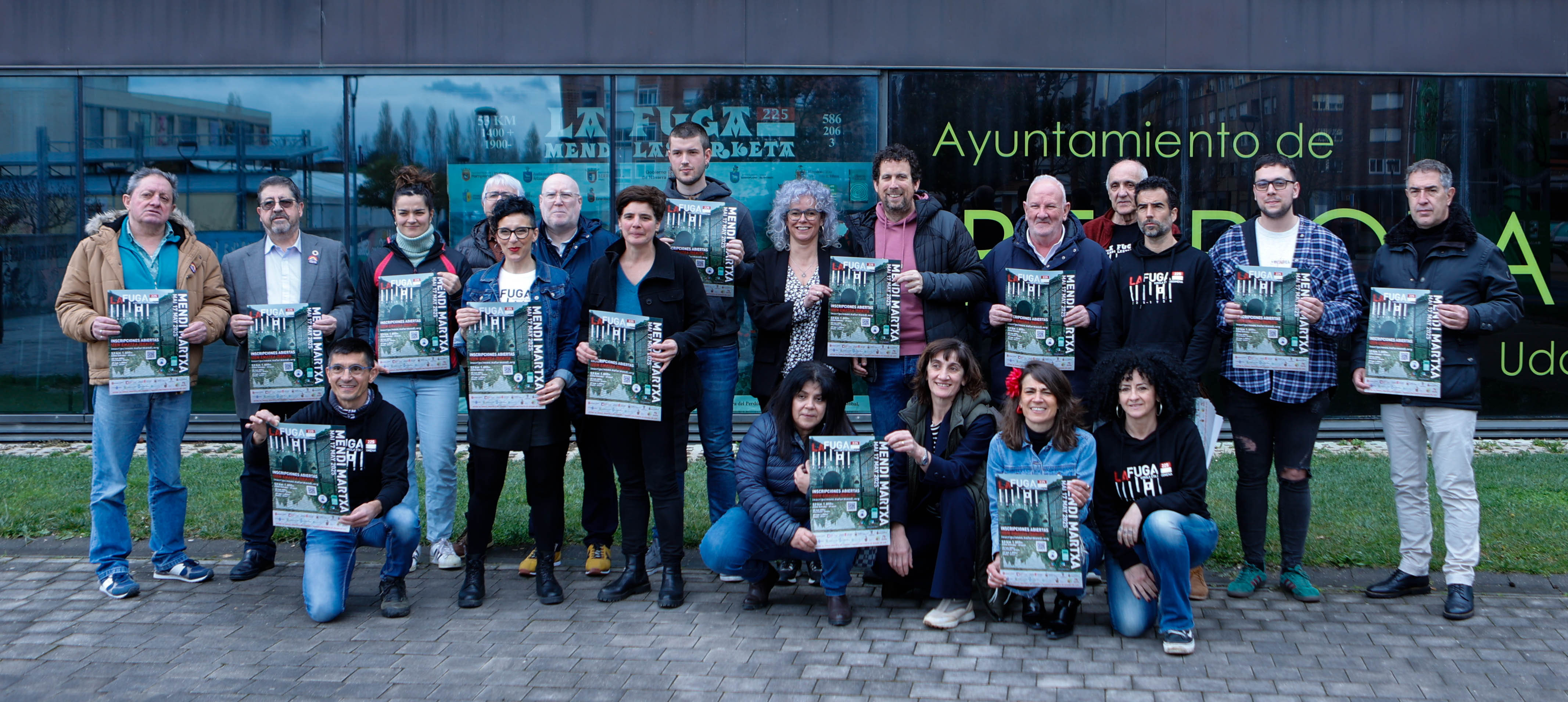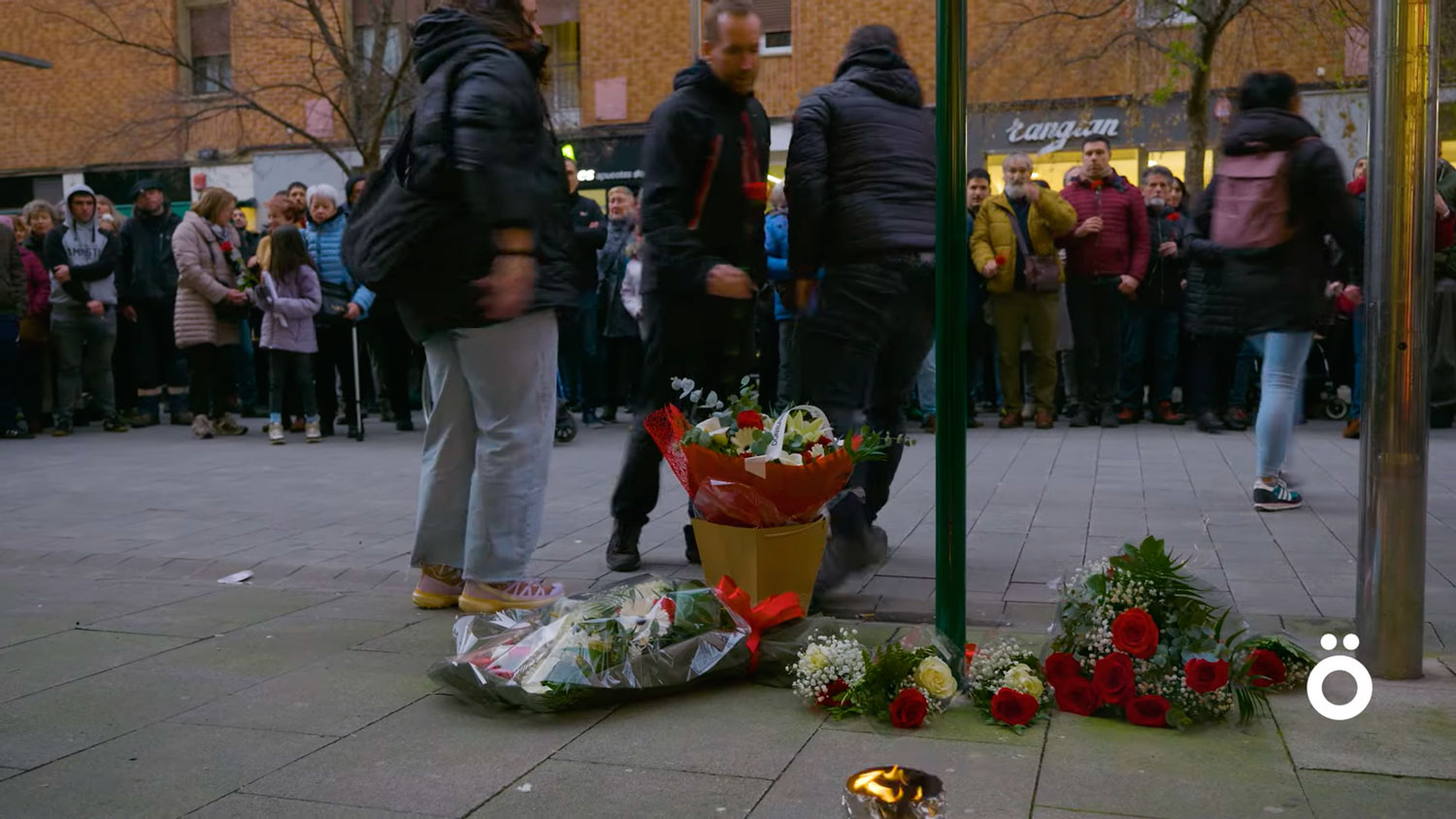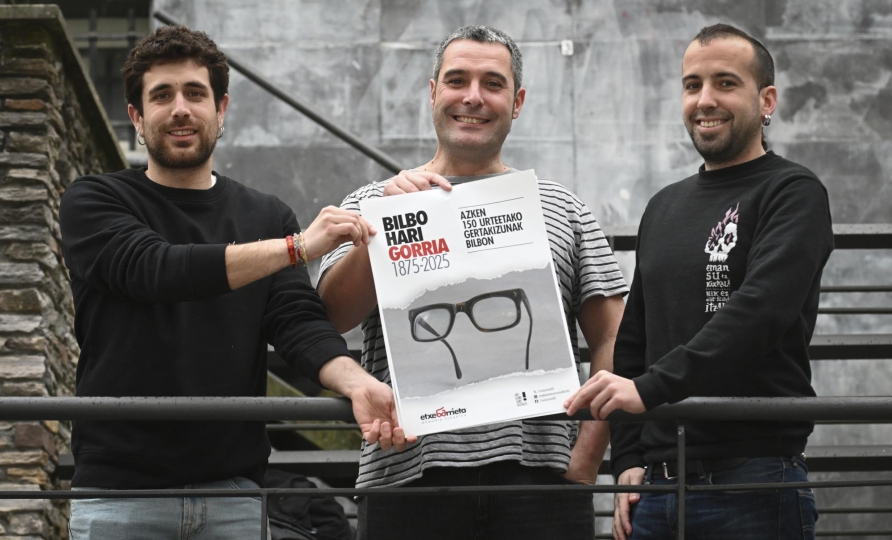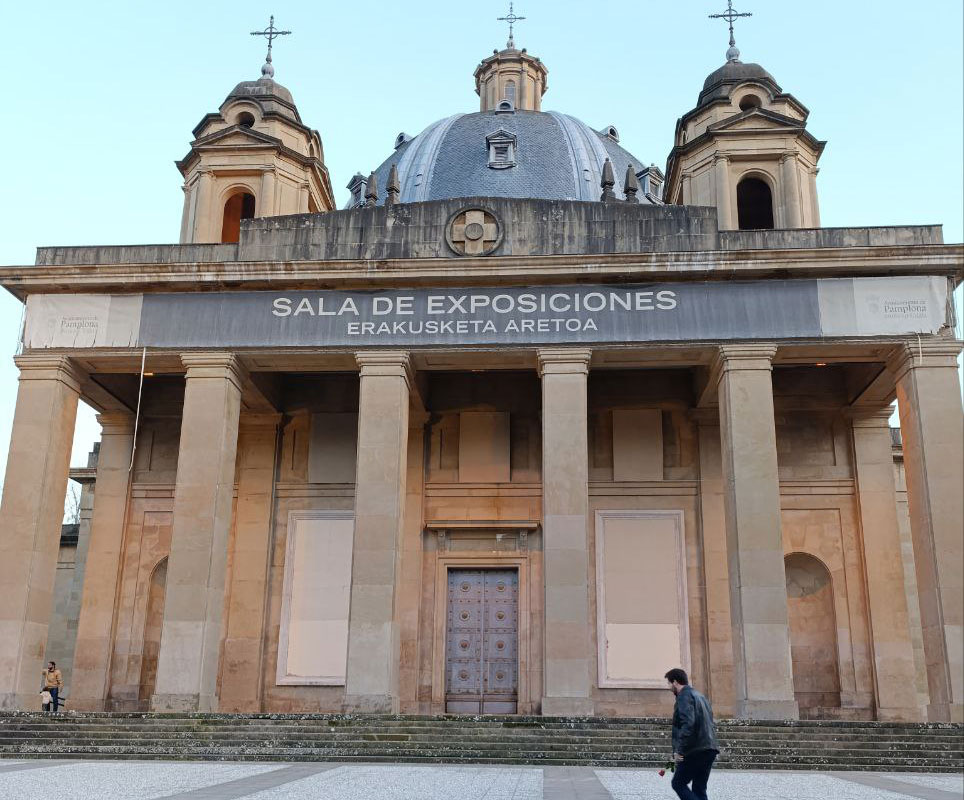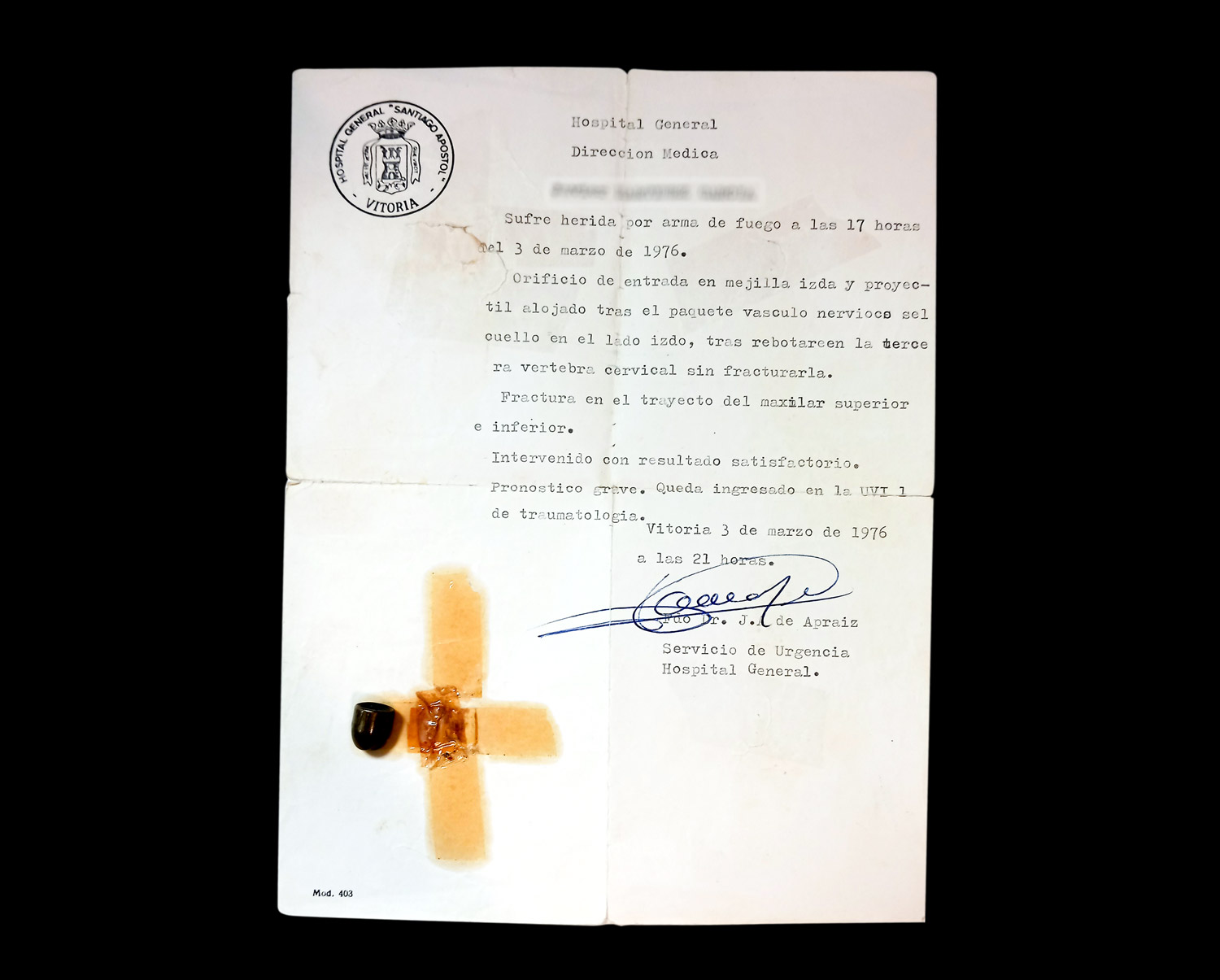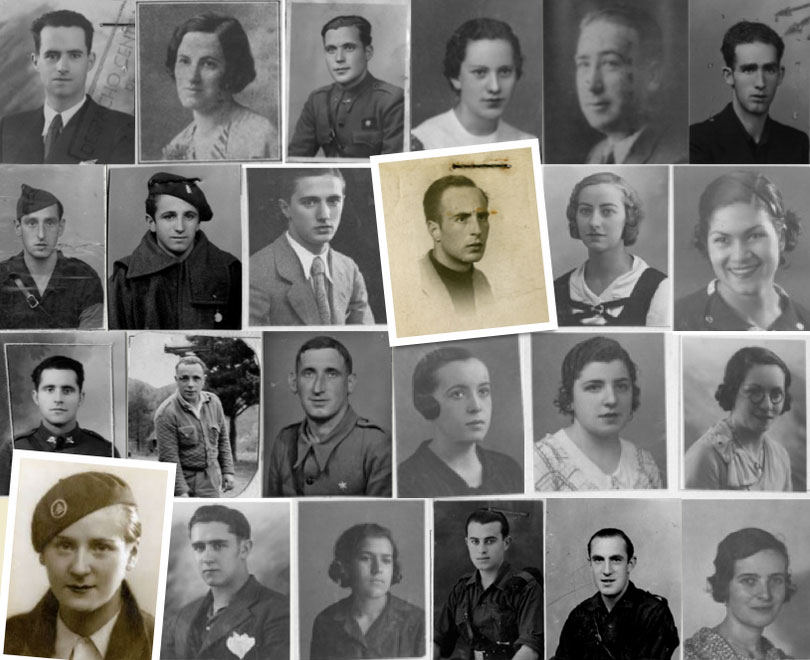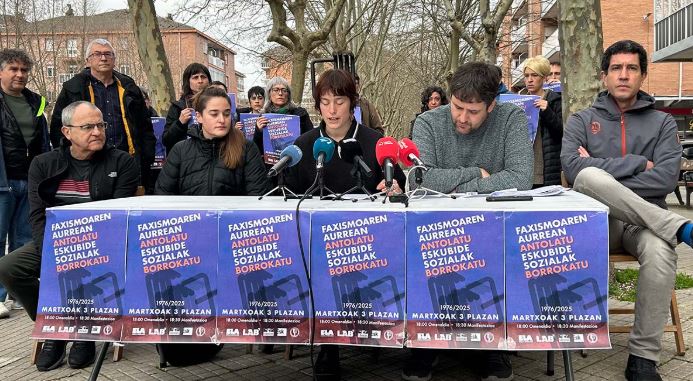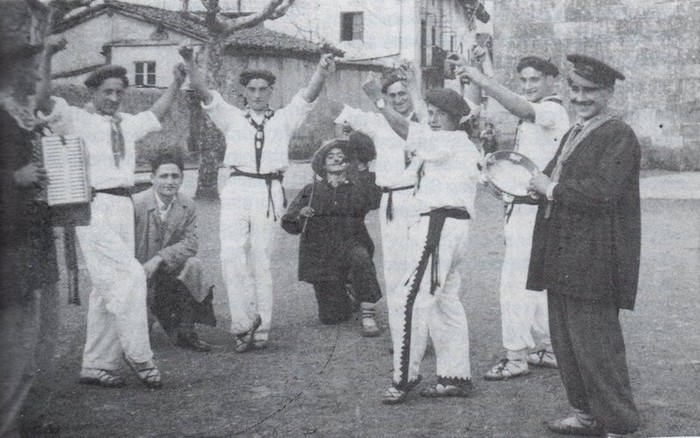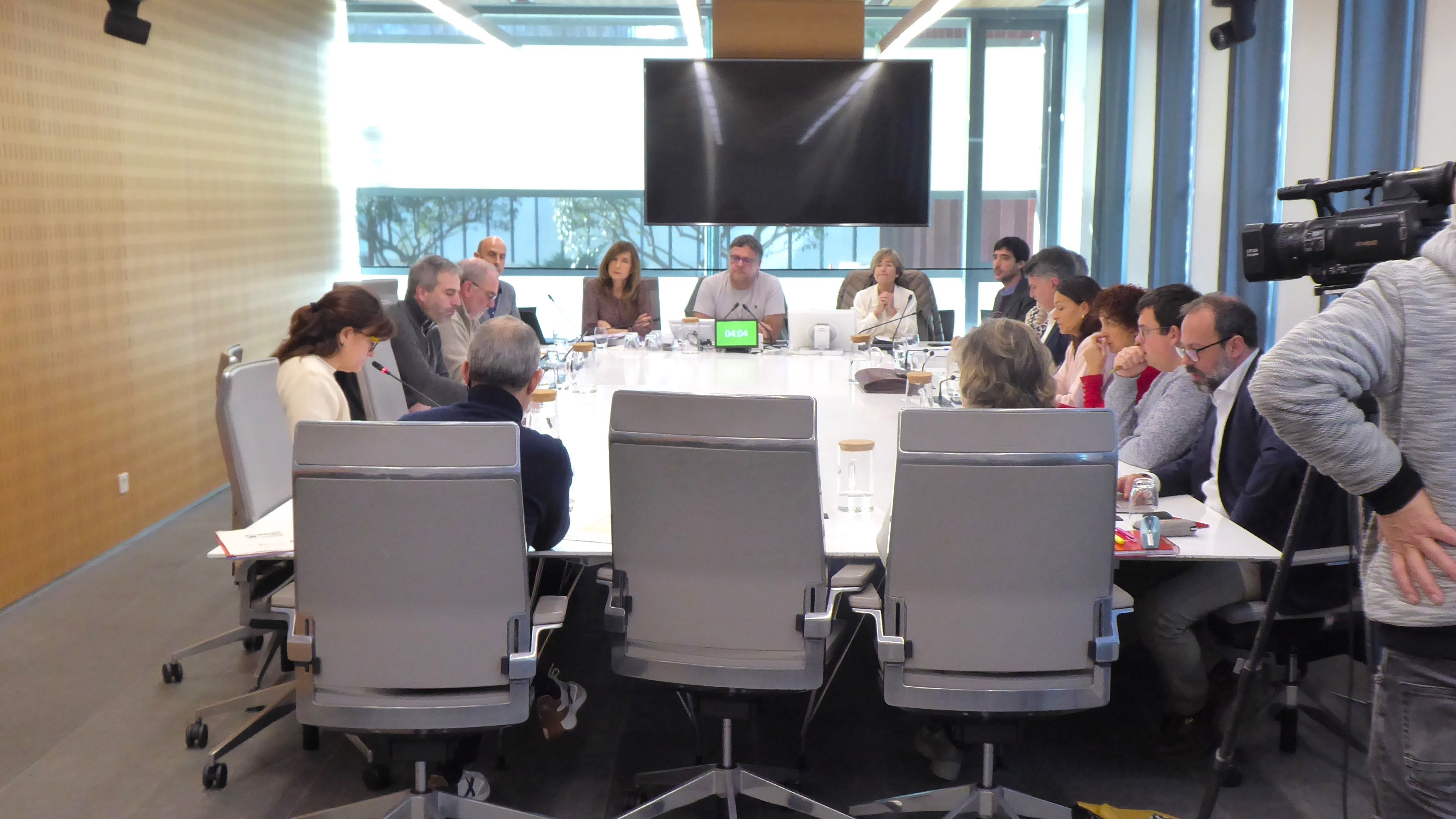'Memory', digital reference of historical memory with data from 23,000 victims
- The Government of Navarre has updated the platform of the digital archive of the Civil War and Franco, Oroibidea, and has quadrupled the testimonies of the reunited representatives.

The report includes over 50,800 bibliographic references, 356 interviews and thousands of photographs. Memory is the digital archive of the Democratic Memory of Navarra, and the digital archive of the Government of Navarra has become a reference at the state level. The project goes beyond the historical memory of physical places and has given specific importance to the scope of the Internet.
They have taken into account the people who suffered captivity in any way and since its creation in 2020 have quadrupled the number of entries and personal references. Currently, the file collects data from 23,053 supporters, for which they have received and digitized public and private documentary funds.
"Much of the future is played in the Internet space. This space is also fundamental to recover the past and build a future based on truth and reparation", explains Ana Ollo, Councilor for Coexistence, Foreign Action and Euskera. He has also stressed that the commitment to the Historical Memory of the Foral Executive is fundamental, especially in view of the "waves of negationism and democratic setbacks" that are taking place in different parts of the State. In fact, the counselor has denounced the suspension of the Historical Memory Act in various places.
Various testimonies
Memory gathers contexts from diverse testimonies. Victims of the Franco regime, members of the LGTB collective, cases of violence against women or exiles. The report contains written texts, audios, interviews, videos, legal documents, maps of graves and other materials.
On the other hand, to facilitate the search, several filters have been enabled to classify the content according to the keywords. In this way we want to make the historical memory accessible to all citizens. And in particular, to younger generations, through the program ‘Schools with memory’, “as an instrument to promote critical memory, to build present and future in coexistence,” the counselor added.
Monument to Falls: the challenge of the legislature
The Government of Navarra and the City of Pamplona want to face in this legislature a new challenge of coexistence: the Monument to Falls. Nineteen pro-memory agents have requested the demolition of the Plaza de la Libertad building and the command team of Joseba Asiron wishes to resolve the matter definitively.
Supporters of the demolition argue that it would be impossible to give a new meaning to the monument to remind the Francoists. Today, although Ollo has not clarified what the proposals are on the table, he has firmly acknowledged that in this legislature they will reach agreement and a solution.
Kirola eta oroimena uztartuko dituzte, bigarrenez, mendi-martxa baten bitartez. Ez da lehiakorra izanen, helburua beste bat delako. La Fuga izeneko mendi martxak 1938ko sarraskia gogorarazi nahi du. Ezkabako gotorlekuan hasi eta Urepelen amaituko da. Maiatzaren 17an eginen dute.
Fusilamenduak, elektrodoak eta poltsa, hobi komunak, kolpismoa, jazarpena, drogak, Galindo, umiliazioak, gerra zikina, Intxaurrondo, narkotrafikoa, estoldak, hizkuntza inposaketa, Altsasu, inpunitatea… Guardia Zibilaren lorratza iluna da Euskal Herrian, baita Espainiako... [+]
Gogora Institutuak 1936ko Gerrako biktimen inguruan egindako txostenean "erreketeak, falangistak, Kondor Legioko hegazkinlari alemaniar naziak eta faxista italiarrak" ageri direla salatu du Intxorta 1937 elkarteak, eta izen horiek kentzeko eskatu du. Maria Jesus San Jose... [+]
Familiak eskatu bezala, aurten Angel oroitzeko ekitaldia lore-eskaintza txiki bat izan da, Martin Azpilikueta kalean oroitarazten duen plakaren ondoan. 21 urte geroago, Angel jada biktima-estatus ofizialarekin gogoratzen dute.
Bilbo Hari Gorria dinamikarekin ekarriko ditu gurera azken 150 urteetako Bilboko efemerideak Etxebarrieta Memoria Elkarteak. Iker Egiraun kideak xehetasunak eskaini dizkigu.
33/2013 Foru Legeari Xedapen gehigarri bat gehitu zaio datozen aldaketak gauzatu ahal izateko, eta horren bidez ahalbidetzen da “erregimen frankistaren garaipenaren gorespenezkoak gertatzen diren zati sinbolikoak erretiratzea eta kupularen barnealdeko margolanak... [+]
1976ko martxoaren 3an, Gasteizen, Poliziak ehunka tiro egin zituen asanbladan bildutako jendetzaren aurka, zabalduz eta erradikalizatuz zihoan greba mugimendua odoletan ito nahian. Bost langile hil zituzten, baina “egun hartan hildakoak gehiago ez izatea ia miraria... [+]
Memoria eta Bizikidetzako, Kanpo Ekintzako eta Euskarako Departamentuko Memoriaren Nafarroako Institutuak "Maistrak eta maisu errepresaliatuak Nafarroan (1936-1976)" hezkuntza-webgunea aurkeztu du.









